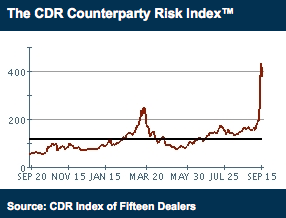Clay Shirky spends a few pages (p286..290) in his book digging into how as it becomes easier to communicate with others value of each message declines. After a while everything looks like spam. He mentions some examples of ways to work around that. If a few thousand people show up for a political rally, if fans send a few tons of peanuts to the TV network, if activists send flowers the signal value is restored.
As far as I know there is not a good name for this. “Hard to forge signal” might be good name, but clearly somebody needs to come up with a good tag line for this.
All of which suggests to me that there is money to be made in a service that creates hard to forge signals for a cost. Such services exist. There are plenty. You can go to AbeBooks for example, order a book and send it to your recipient. You can go to postful.com and send them a color postcard or a letter. You can send tiny amounts of money thru paypal. There are quite a number of Facebook applications which allow you to spend a bit of money and tie it to your communications. It’s interesting that there is money to be made in this. Campaigns managers could use more services like the ones that helped the campaign to save the TV show Jericho, services to do the fufillment. Online petition sites could hold money in escrow until the issue is resolved.
Of course this is what those racks of gift cards are about in stores; and why some junk mail includes a gift or even a dollar bill.
I’d love more examples or exsiting services you can use to address this example and ideas for new services.





